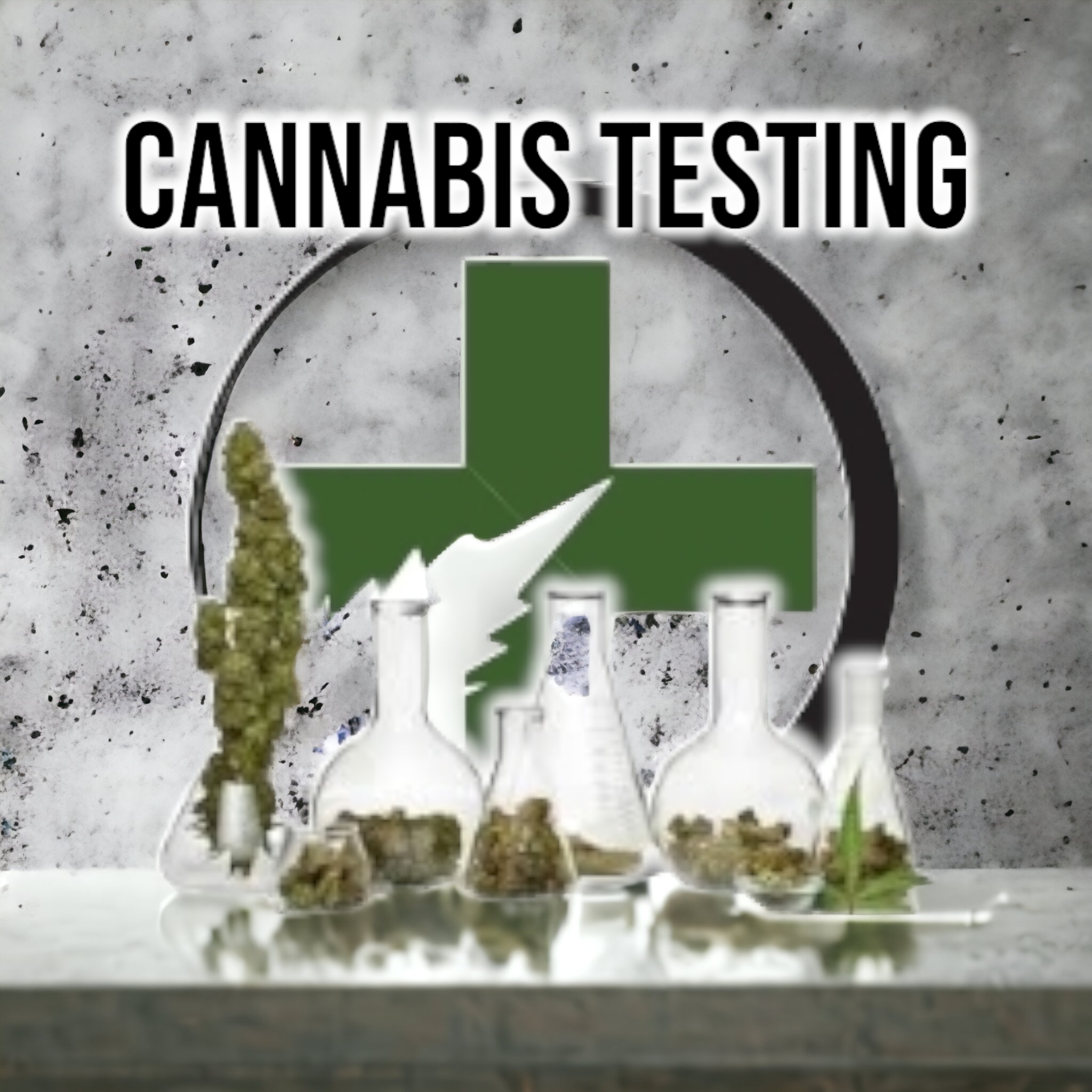Navigating the Green Jungle: Cannabis Brands and Testing Regulations

In recent years, the cannabis industry has experienced significant growth and transformation. With the legalization of cannabis for medical and recreational use in various parts of the world, a burgeoning market for cannabis products has emerged. However, with this growth comes a pressing need for quality control and safety regulations, especially concerning the testing of cannabis products. In this blog, we will explore the testing regulations that cannabis brands must navigate to ensure the safety and quality of their products.
Why Testing Regulations Matter
Testing regulations for cannabis products are essential for several reasons:
Consumer Safety: Ensuring that cannabis products are free from harmful contaminants, pesticides, and other toxins is paramount to protect consumer health.
Consistency and Reliability: Testing helps maintain consistent quality across different batches of products, establishing trust between consumers and brands.
Legitimacy: Adhering to testing regulations adds legitimacy to the cannabis industry, making it more acceptable to the general public and government bodies.
Compliance with the Law: In regions where cannabis is legalized, strict testing regulations are often mandated by law. Brands must comply with these regulations to avoid legal consequences.
Common Testing Requirements
Cannabis products are subject to various testing requirements depending on the region and the type of product. However, some of the most common testing parameters include:
Potency Testing: This measures the concentration of cannabinoids (such as THC and CBD) in the product. Accurate potency information is crucial for consumers to make informed decisions and for regulatory purposes.
Pesticide Testing: Cannabis plants are susceptible to pests, and the use of pesticides can lead to health risks. Testing ensures that allowable pesticide levels are not exceeded.
Microbial Testing: This checks for the presence of harmful bacteria, molds, and fungi that can contaminate cannabis products and pose health risks when consumed.
Residual Solvents Testing: Cannabis extracts may contain residual solvents from the extraction process. Testing ensures that solvent levels are within safe limits.
Heavy Metals Testing: Cannabis plants can absorb heavy metals from the soil, and high levels of metals like lead, arsenic, and cadmium can be harmful when consumed. Testing identifies and quantifies these contaminants.
Terpene Profiling: Terpenes are aromatic compounds in cannabis that contribute to its flavor and aroma. Testing for terpene profiles helps consumers choose products with their preferred scent and flavor.
Mycotoxin Testing: Mycotoxins are toxic compounds produced by certain molds. Testing ensures that products are free from mycotoxin contamination.
Challenges in Meeting Testing Regulations
Complying with testing regulations can be challenging for cannabis brands, and there are several reasons for this:
Costs: Testing is not cheap, and smaller cannabis companies may struggle to afford the necessary tests for their products.
Variability: Cannabis is a natural product, and its chemical composition can vary from batch to batch. This variability can make it challenging to consistently meet testing requirements.
Complexity: The testing process is complex, and brands may need to work with specialized laboratories to ensure accurate and reliable results.
Changing Regulations: Cannabis regulations can change frequently, and brands must stay updated to remain compliant with the latest requirements.
Conclusion
Testing regulations play a critical role in ensuring the safety and quality of cannabis products. As the cannabis industry continues to grow and evolve, adherence to these regulations becomes increasingly important. Cannabis brands must invest in testing, quality control, and compliance efforts to build trust with consumers and regulators alike. By doing so, they contribute to the overall legitimacy and long-term success of the cannabis industry while ensuring that consumers have access to safe and high-quality products.
